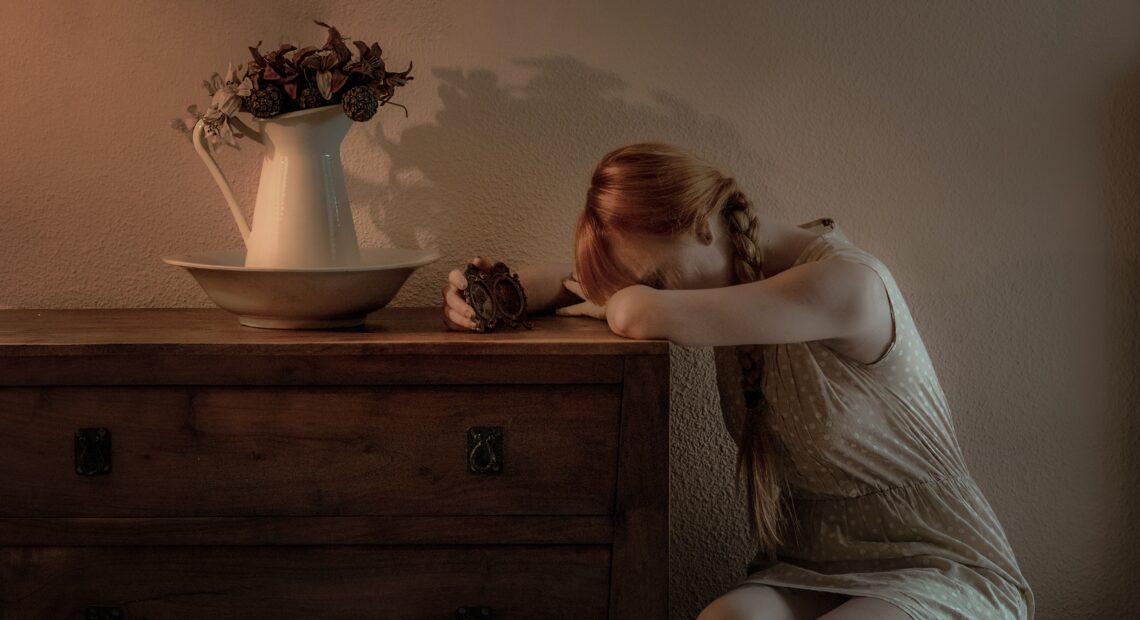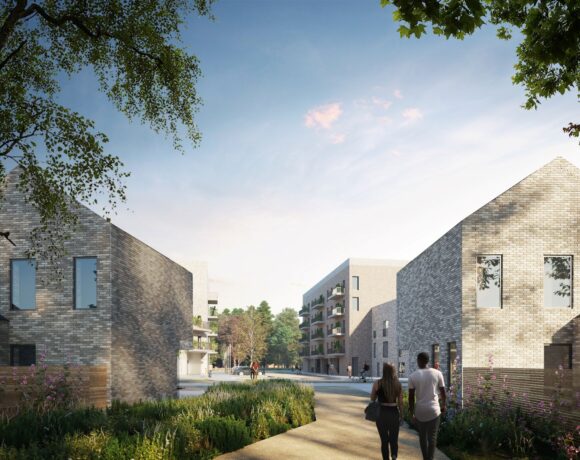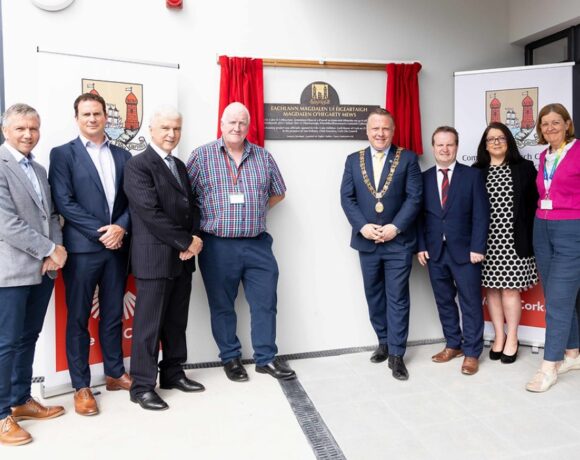The Dublin Rape Crisis Centre (DRCC) kept its vital work going even during the most difficult days of the pandemic as callers found trauma worsened during lockdown, Josepha Madigan (Minister of State for Special Education and Inclusion) said this morning at the launch of its annual report and statistical supplement 2020.
Madigan said the report was an important document which gives an overview of the experience of survivors and those who worked to support them over the past year.
Madigan said, “we know that COVID-19 has meant difficult but necessary changes for all sections of society. Irish society has faced a lot of hardship and restrictions on freedom.”
However, the waiver during lockdown of the five km travel limit for those fleeing the harm of sexual violence was welcomed by the junior minister.
Madigan continued, “I’ve always wanted victims of these horrific crimes to know that they are a priority for Government. Many of those who suffer sexual violence are often afraid to speak out about their experiences. Many victims carry their trauma quietly, a secret burden, and we should respond with kindness and by listening.”
Sexual Consent
Lessons on sexual consent should be a core part of the third-level experience, Madigan said, because consent is about respect for the autonomy of the other person.
Sexual violence is never justifiable and can never be accepted or excused, she said.
The need for refuge from danger does not change because of the pandemic, Madigan said, and the feeling of being trapped when society felt closed will have only added to the trauma.
”Sexual violence is a scourge on society. It is oppressive, abusive and inhumane,” she added.
She described sexual violence as the very worst element of a culture that does not view women as equal, and which has existed for centuries.
Strides
“Over recent decades we have made huge strides to embed equality for all at the heart of our national life,” she added.
However, there remains much to do, and as a woman, she sees how having more women at the discussion table can improve policy-making and national debates.
Madigan commended the ongoing work of the DRCC which maintained its services during a difficult time.
Women are the majority of victims. They make up 83% of contacts to the DRCC helpline, with men at just almost 17%.
Almost 23%of contacts were in the 50-59 age group.
Sexual harassment was mentioned by 1.5% of those who contacted the helpline.
The total number of first-time contacts was 6,451, just over half of the total.
DRCC chair Noeline Blackwell said that the organisation aims for respect, equality and kindness.
Manager of the national helpline Michelle Grehan said isolation, lack of privacy and fear of judgment were paramount for callers during the lockdown, and restrictions often triggered trauma as support systems vanished overnight.
Callers reported increasing levels of distress, magnified by an increased sense of isolation.
Finding the private space to call a helpline was difficult for many callers. The line had over 13,000 contacts last year.
Of those who disclosed abuse in 2020, 49% concerned rape, while 27% were about child sexual abuse, with adult sexual assault at 10%.
Webchat
The launch late last year of a webchat facility was a source of comfort to many callers, who also called while out on walks or from their car.
Those holding on to earlier trauma often decided to make a report or take other actions, as a result of the restrictions of lockdown, and the increased time to think.
Source: Law Society Gazette Ireland
[sibwp_form id=2]













